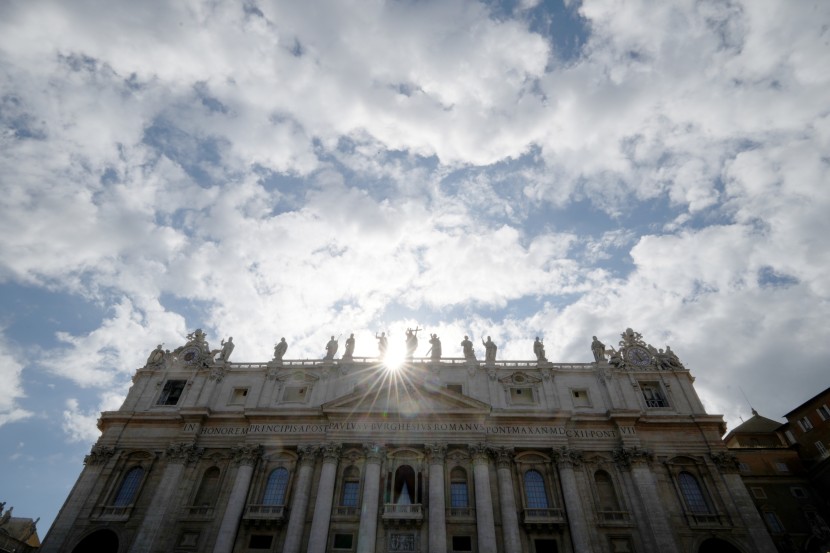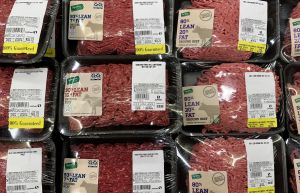
Black smoke billowed from the Sistine Chapel's chimney on Wednesday evening, signaling that the first vote of the highly anticipated papal conclave ended without consensus. The 133 cardinal electors failed to choose a new pope on day one, prolonging the wait for a successor to Pope Francis, who passed away last month after a 12-year papacy.
The cardinals will resume voting Thursday with no clear frontrunner to emerge ahead of the conclave. The process, steeped in secrecy and tradition, will continue until one candidate secures a two-thirds majority.
Following the inconclusive vote, the cardinals returned to their temporary home at the Santa Marta residence, where they remain sequestered without access to phones or electronic devices. This strict isolation ensures the integrity of the process and guards against outside influence or surveillance. Breaching the oath of secrecy results in automatic excommunication.
As dusk settled over St. Peter's Square, tens of thousands of people watched the chimney for the traditional smoke signal. Despite widespread expectations that no decision would be reached on the first day, the moment still drew pilgrims and spectators from around the world.
"We tried to manifest it, but we kind of knew it wouldn't be tonight," said Carla Peat, 19, who traveled from Scotland with friends. She noted that even their local priest chose dinner over the vigil but added they'd all return to the square Thursday.
Historically, modern conclaves tend to produce a new pope quickly—Benedict XVI and Francis were both elected on the second day, while John Paul II emerged on the third. Over the next three days, the cardinals will vote up to four times daily—twice in the morning and twice in the afternoon. If no pope is elected by Sunday, the process pauses for a day of prayer and informal discussions.
This conclave is shaping up as a decisive moment for the future direction of the Catholic Church. A divide has formed between those seeking to preserve the reforms and inclusive vision of Pope Francis and others advocating for a return to a more traditional papacy. These factions are informally grouped around ideas of "unity," favoring stability, and "diversity," aligned more with Francis' legacy.
Looming over the conclave are unresolved crises, particularly the clergy sexual abuse scandals that continue to challenge the Church's moral authority and call for reform. While there is no official candidate list, names in circulation include Filipino Cardinal Luis Antonio Tagle, American Cardinal Robert Prevost, and Italian Cardinal Pietro Parolin, the former Vatican Secretary of State.
Adding to the unpredictability is the composition of the College of Cardinals itself. Pope Francis appointed over 80% of the electors, intentionally diversifying the body to better reflect the global Church. However, many of these newer cardinals have not worked closely with one another and reportedly wore name tags during pre-conclave meetings.
The world's 1.4 billion Catholics now wait in anticipation for the white smoke that will signal the election of the Church's 267th pontiff.
© 2026 HNGN, All rights reserved. Do not reproduce without permission.








